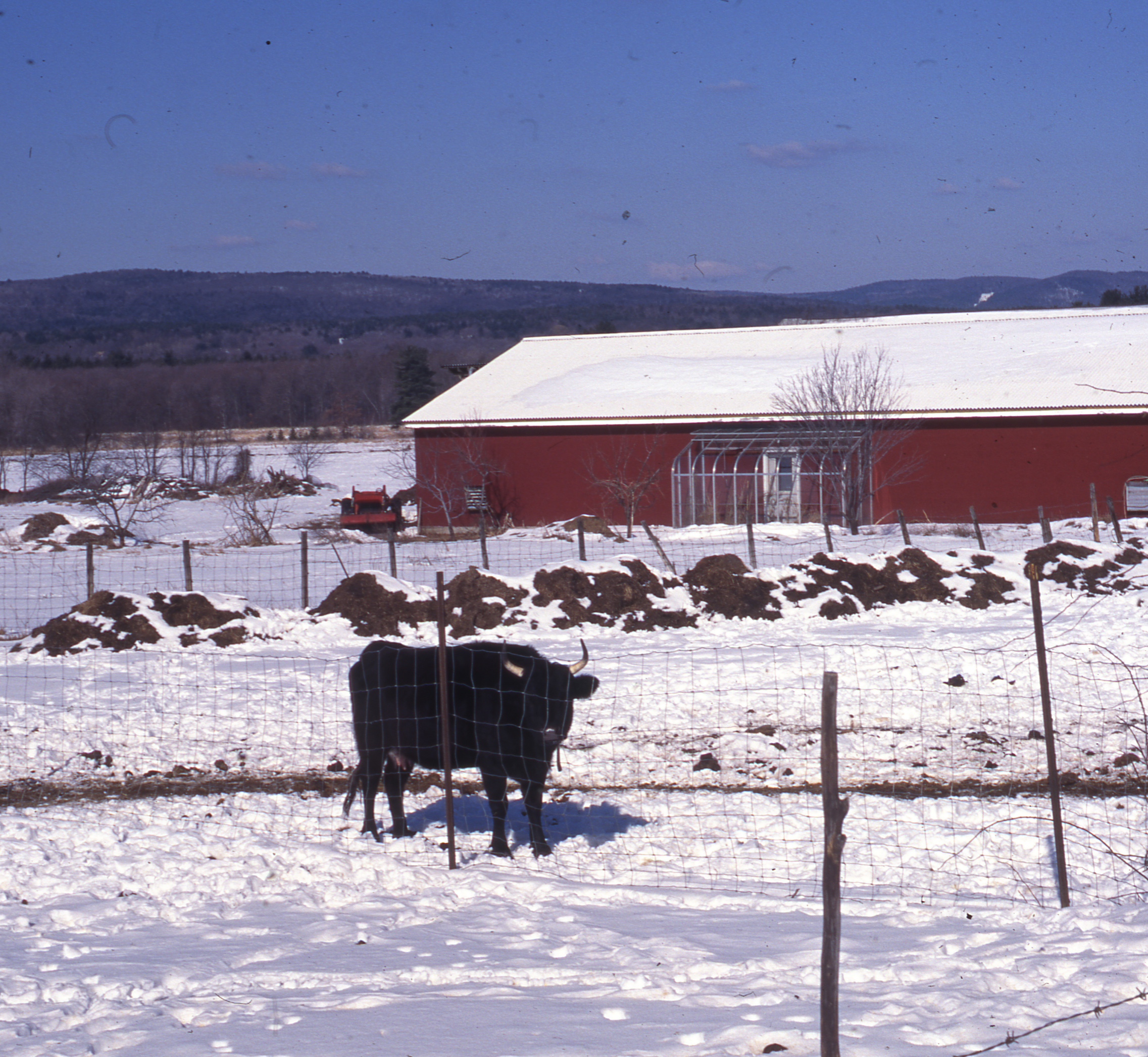Quabbin Towns Annual Reports Collection
During the 1920s and 1930s, the populations of four towns in the Swift River Valley, Mass., were relocated to make way for completion of the Quabbin Reservoir. Dana, Enfield, Greenwich, and Prescott were formally disincorporated in 1938, marking an end to nearly a century of small town government in the region.
The annual reports of the four towns of the Quabbin region provide important documentation of the activities of the local officials and the lives of residents in Dana, Enfield, Greenwich, and Prescott. Issued under various titles and with variable content, these reports include information on the activities of town officials, including the Selectmen, Overseers of the Poor, School Committee, and Library. In most years, the reports also include town expenditures and a list of residents with a valuation of property and taxes paid. Although substantial, this collection is not complete, particularly prior to 1880.


